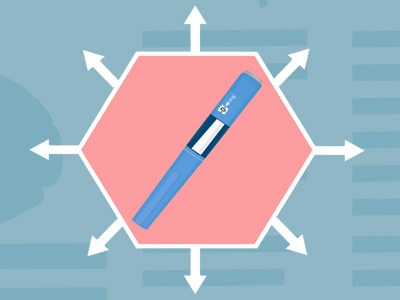Research Training & Career Development
Prepare for changes to applications due on or after January 25, 2025
- Most research grant applications will use the new simplified review framework NIH external link
- NIH is updating the fellowship application and review criteria NIH external link
- NIH is updating institutional training grant applications NIH external link
NIDDK supports the training of medical and graduate students, postdoctoral fellows, and physician scientists through institutional and individual grants. Please note NIDDK does not post pay lines for fellowship, training, or career awards
Funding Eligibility by Career Level
- High School & Undergraduate Student
- Doctoral & Medical Student
- Post
Doctorate - Junior
Faculty - Established Investigator
Connect with NIDDK Training Program Staff
Frequently Asked Questions
Can I take my grant with me when I move? View frequently asked questions to find out.





